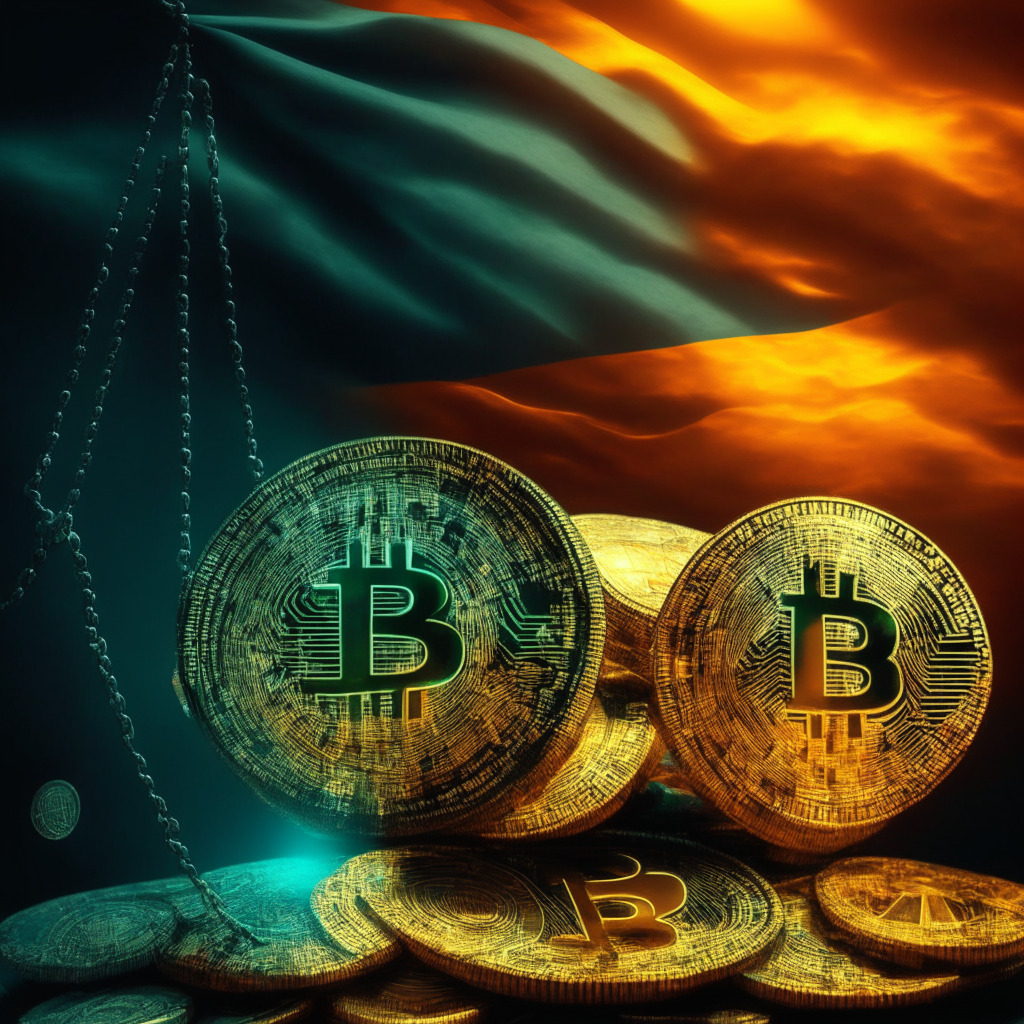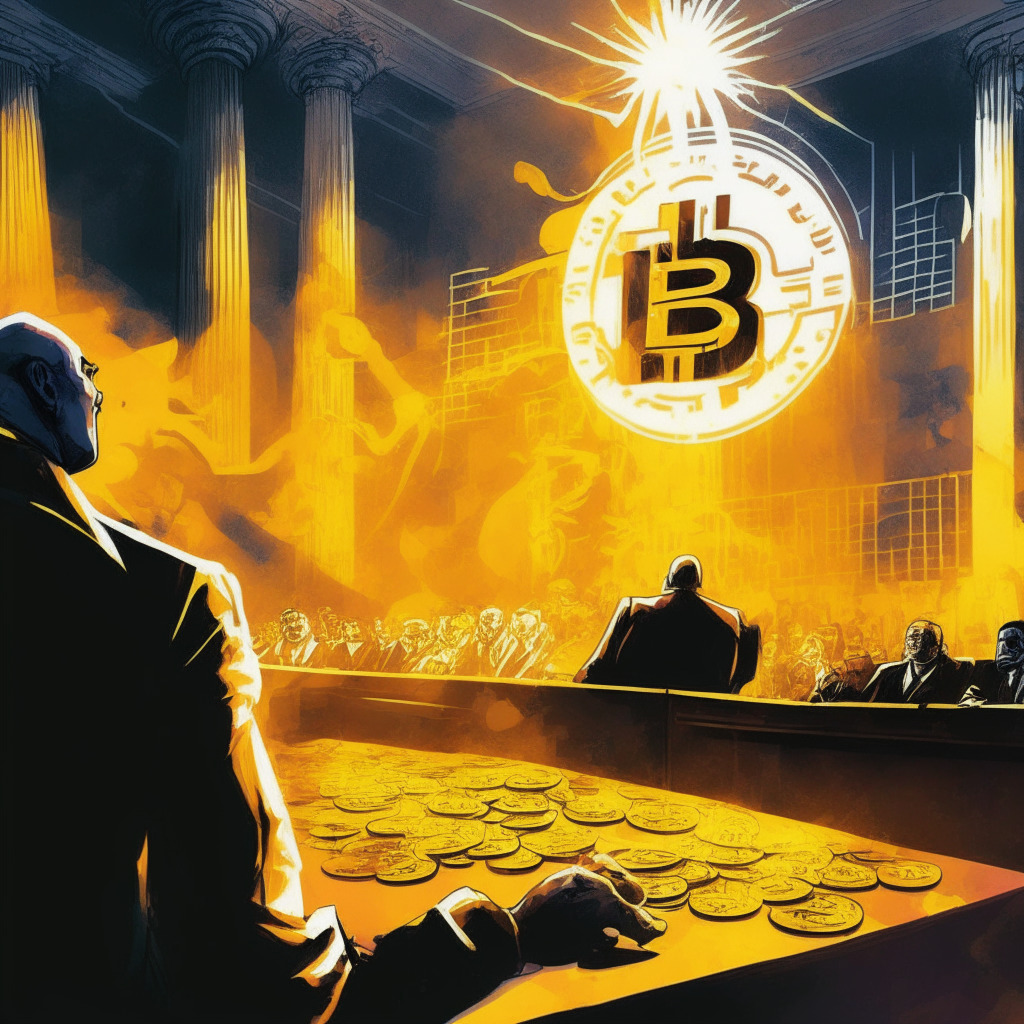The world of cryptocurrencies was buzzing with recent news as the Nigerian Securities and Exchange Commission (SEC) ordered a cease and desist notice against Binance Nigeria Limited, a so-called “scam entity.” This local entity claimed association with Binance, the renowned crypto giant. The SEC asserted that Binance Nigeria Limited was not registered or regulated, leading to confusion and customers reaching out to Binance’s CEO, asking about any potential impact on their trading activities on the app.
Reassuring concerned customers, Binance confirmed that no change would occur as a result of this order, and clients’ assets would remain secure on the app. This development unfolds in a broader context of Nigeria’s cryptocurrency market, where the central bank has experienced consistent regulatory crackdowns over the years. Despite these setbacks, Nigeria has maintained its position as a hub for crypto enthusiasts. Additionally, recent reports suggest that the country’s SEC plans to authorize licensed crypto exchanges to list crypto tokens backed by real assets.
As Binance faces regulatory scrutiny in Nigeria, the crypto giant is simultaneously experiencing challenges in the United States. The US SEC announced 13 charges against the exchange, accusing them of running an illegal exchange, broker-dealer, and clearing agency. This lawsuit alleges that the CEO and Binance used a complex network of firms to control Binance.US’s funds, ultimately misrepresenting trading controls. These charges could serve as a turning point for the platform.
Despite the legal hurdles, Binance scored a victory recently when a US court allowed an agreement to go forward between the exchange and the SEC, revoking the financial regulator’s request to freeze all funds on Binance.US. According to the agreement, Binance.US cannot allow Binance Holdings officials to access private keys for hardware wallets or provide root access to Binance.US’s Amazon Web Services tools. Gurbir Grewal, the director of the SEC’s enforcement division, maintains that these measures are necessary to protect customers’ assets.
It’s worth noting that Binance isn’t the only company at odds with the US SEC and its chair, Gary Gensler. Coinbase, one of the largest US-based crypto exchanges, also faces its own existential battle with the regulatory agency. Some might argue that the future of the crypto industry in the United States depends on the outcomes of these two lawsuits.
As the legal landscape surrounding cryptocurrencies continues to evolve across various countries, the implications for the industry’s future become increasingly complex. Will the regulatory dilemmas in Nigeria and the United States invite doubt among investors, or will the crypto community band together to weather these difficult times? One can only speculate at this point, but these events certainly highlight crucial conversations to be had regarding the future of the burgeoning crypto market.
Source: Cryptonews




